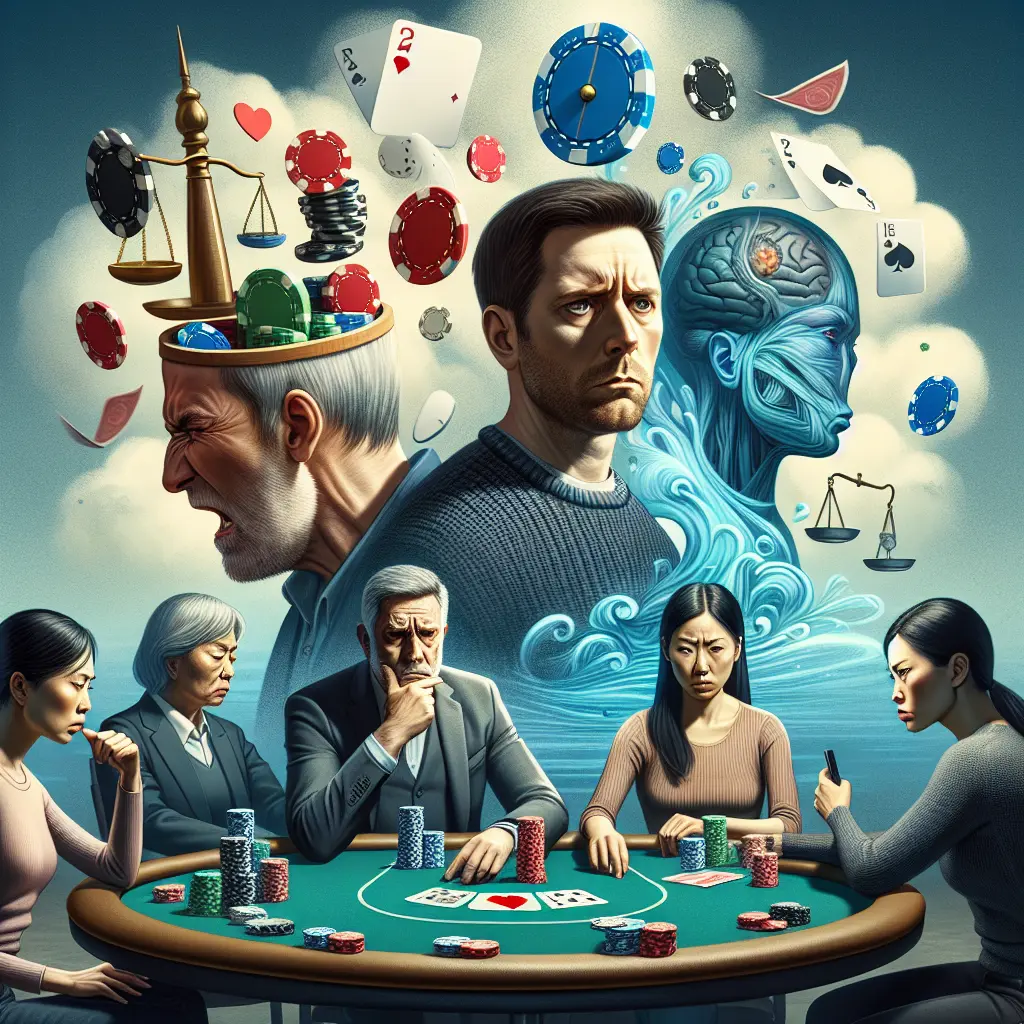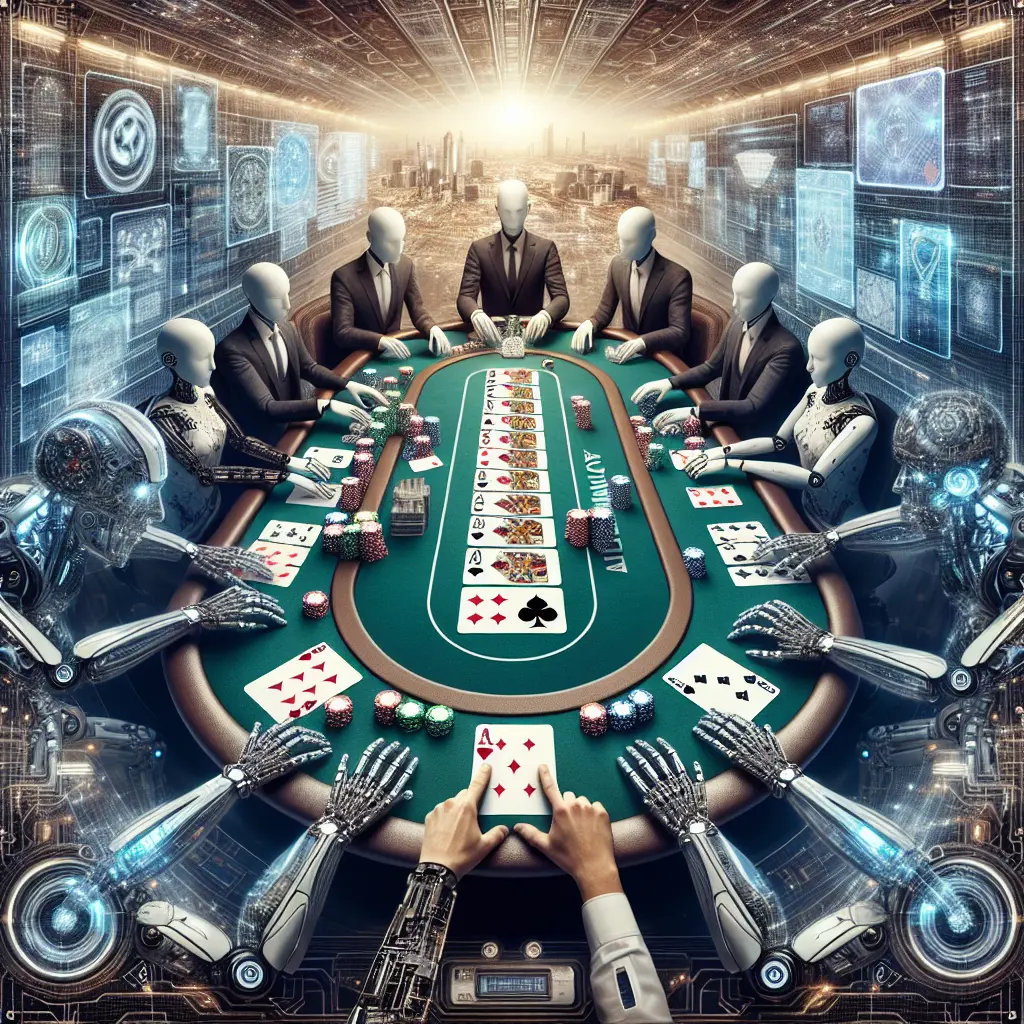Poker: A Game of Strategy and Chance with Modern Twist
The world of poker, a timeless blend of strategy, chance, and psychology, continues to evolve and inspire not just card enthusiasts but also developers in the gaming industry. The innovative spirit of poker has recently found a counterpart in the digital world with games like Balatro, which reinvent the poker experience by blending it with modern gaming mechanics.
Poker is not merely about the cards you hold; it’s a game that requires a deep understanding of probability, risk management, and human behavior. Players must constantly adapt their strategies based on their opponents' actions and the ever-changing dynamics of the game. Herein lies the allure of poker—it is a dance of calculation and intuition.
Key Elements of Poker's Enduring Appeal
Strategy and Skill: Unlike many other card games, poker places a significant emphasis on strategic thinking. Players must analyze situations, anticipate opponents' moves, and make calculated risks to emerge victorious.
Psychological Warfare and Adaptability
Psychological Warfare: The ability to read opponents and bluff effectively adds a psychological dimension to poker. Mastery of this aspect can often turn the tide in your favor.
Adaptability: As in life, adaptability in poker is crucial. With each hand dealt, players face new challenges, requiring them to adjust their strategies continually.
In recent years, the essence of poker has inspired developers to create games that capture its strategic depth while introducing novel elements. This innovation mirrors what Balatro did for poker, bringing fresh mechanics into the classic framework. A recent example is the game Cupiclaw, mentioned in this article, which aims to revolutionize claw machines with a roguelike deck-building twist—much like Balatro did with poker.
Modern Poker-Inspired Games: A New Frontier
Integration and Community Engagement
Integration of Game Mechanics: By infusing traditional card games with new gaming elements, developers are offering unique experiences that attract both poker aficionados and newcomers.
Increased Accessibility: These modern adaptations often allow players who may not be familiar with traditional poker to appreciate the strategic complexity without feeling overwhelmed.
Community Engagement: Online platforms have opened up opportunities for players worldwide to connect, compete, and learn from each other, expanding the reach and impact of poker-inspired games.
As poker continues to influence various forms of entertainment, its core principles remain relevant. Whether you're sitting at a physical table or engaging in a digital version, the essence of poker—the blend of luck, strategy, and human interaction—resonates through time.
Thank you for joining me on this exploration of poker's enduring influence. May your future hands be ever in your favor and may your strategies be as sharp as a royal flush. Until next time, keep your cards close and your wits closer.









Leave a Comment